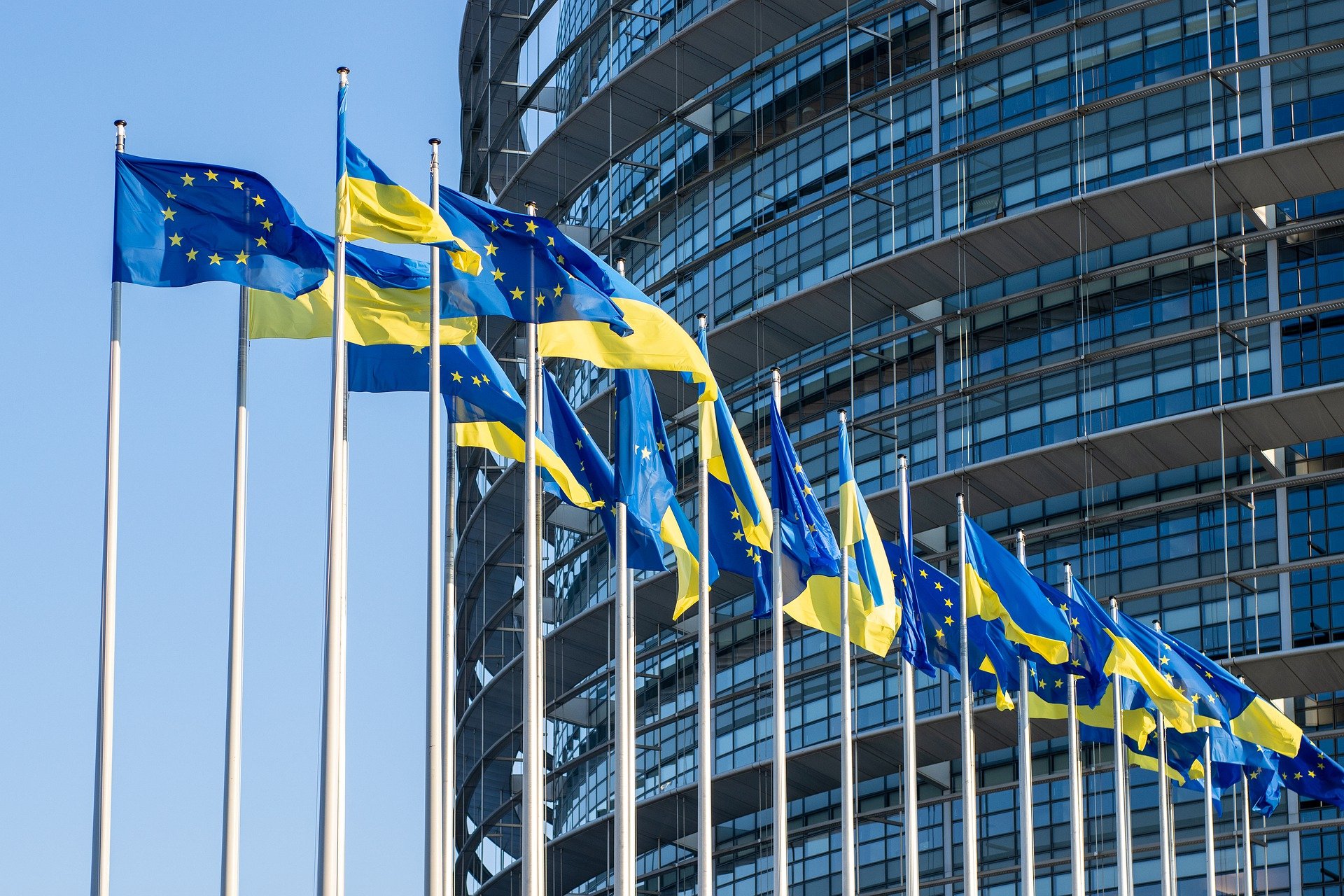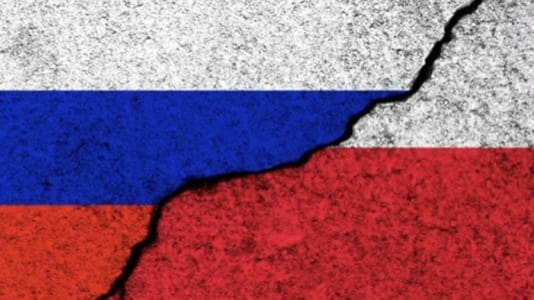In recent weeks, the main issue in Polish-Ukrainian relations has been the protest of Polish truckers. Shortly after the Russian invasion, Brussels enabled Ukrainians to carry out virtually unlimited transport within the Schengen Area, which severely affected Polish transport companies.
However, the most astonishing aspect of the whole matter is the stance of Mateusz Morawiecki’s government, which, instead of standing up for the domestic industry, chose passivity in the name of maintaining proper relations with Kyiv at all costs.
Additionally, a recent dispute over grain exports resulted in Ukraine filing a complaint against Poland with the World Trade Organization (WTO), though it was eventually suspended.
Despite these incidents, Poland remains one of Ukraine’s most vocal supporters for EU accession on the international stage. This stance has persisted even in the face of provocative actions by Ukrainian officials.
The romantic campaign led by the Polish government initially seemed successful, with global accolades for Poland as a “new leader of Europe.” However, the sobering reality became apparent in September when the supposed friendship between Warsaw and Kyiv was revealed to be an illusion. A stalled treaty on “friendship” and other gestures indicated underlying tensions in the relationship.
In light of this, Poland faces a dilemma.
Its support for Ukraine during the war and its diplomatic efforts to secure Ukraine’s interests in the EU are juxtaposed against the risk of losing sovereignty to Germany. Germany, in expanding the EU eastward to Ukraine, is demanding significant revisions to European treaties, which could diminish Poland’s independence.
Poland’s role as a major advocate for Ukraine’s EU membership now poses a difficult situation. Berlin is reportedly demanding a high price from Poland for this expansion, and Polish politicians like Donald Tusk seem unlikely to strongly oppose German demands.
Financially, the cost of Ukraine’s accession could be substantial for Poland. An analysis by the Brussels-based Centre for European Policy Studies suggests that Ukraine could receive annual EU funds of around €18-19 billion, with potential increases due to the ongoing war. In contrast, Poland, which contributes significantly to the EU budget, might end up subsidizing poorer EU members like Ukraine.
A more viable option for Poland might be to support Ukraine’s accession to the Schengen Area as an associate country, similar to the status of Iceland, Norway, Switzerland, and Liechtenstein. This would provide Polish businesses access to the Ukrainian market and allow Ukraine to gradually align its public norms with the rest of Europe.
This approach would avoid the pitfalls of full EU membership for Ukraine, which, as a war-torn and financially dependent country, might be susceptible to political concessions to the Franco-German leadership in the EU. Poland, already struggling to form coalitions against detrimental EU policies, would find it even harder to exert influence with Ukraine as a full EU member.
In conclusion, the Morawiecki government’s enthusiastic support for Ukraine’s EU membership, without demanding anything in return, stands in stark contrast to the more transactional approach of Hungarian Prime Minister Viktor Orbán.
When asked about Ukraine’s accession to the European Union, Orbán responded with questions: What territory does Ukraine have? How many inhabitants does it have?
Unfortunately, such questions do not fit into the prevailing canon in Poland, which advocates friendship with Ukraine at all costs. This canon falsely assumes that the country under aggression is essentially similar in character to Poland and faithful to similar ideals of political life.
In reality, however, the September crash of the apparent Polish-Ukrainian friendship had its roots in the fact that the Ukrainian elites made an extremely selfish calculation and, deciding that the help coming from Poland would no longer be as significant as before, opted for long-term cooperation with forces that clearly intend to harm us.
Poland must now carefully weigh the costs and benefits of Ukraine’s EU accession, prioritizing its own sovereignty and influence. The possibility of reevaluating its stance remains, especially in light of the complex geopolitical and economic implications of this significant regional development.






